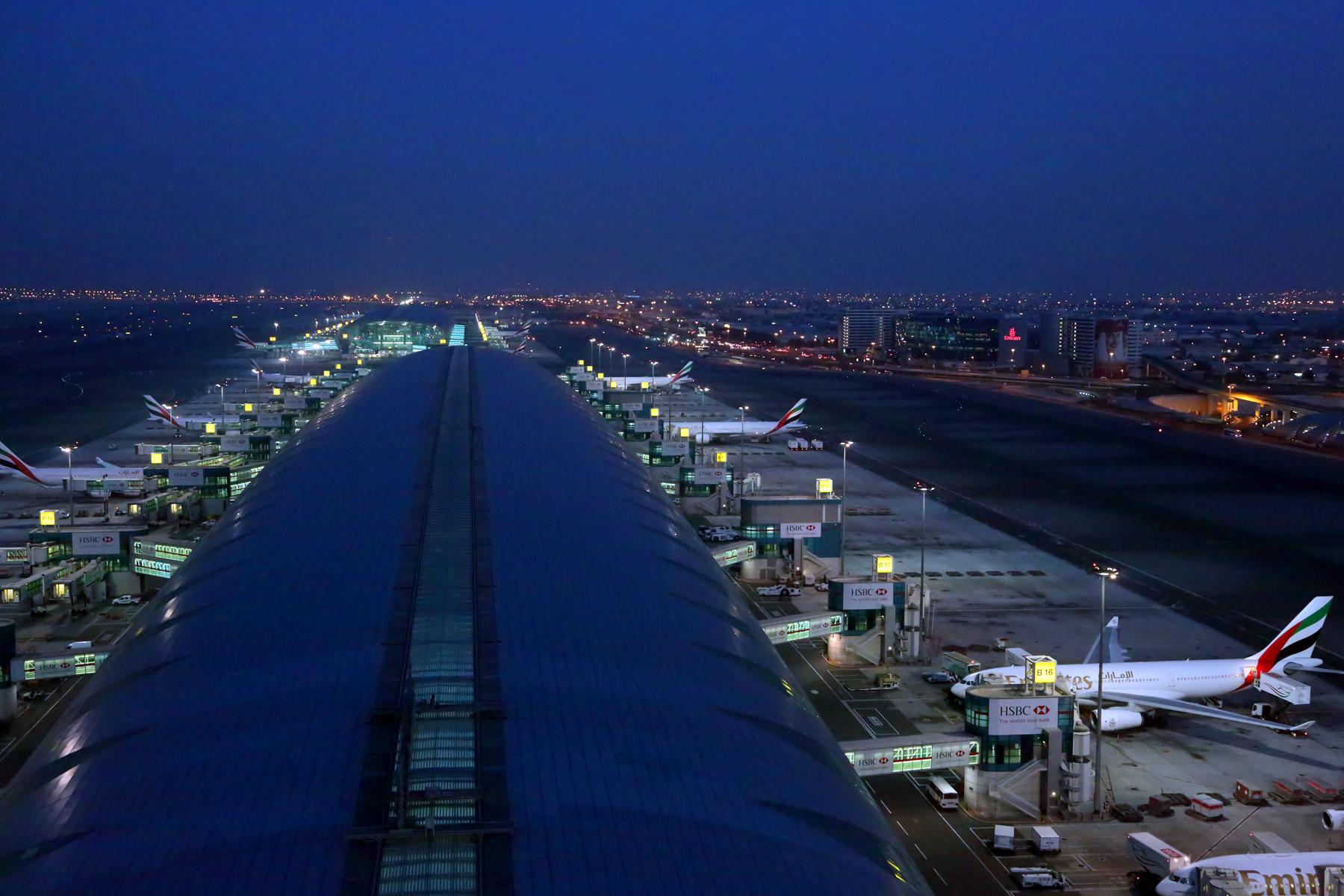
The UAE this week confirmed the reopening of its borders for international travelers on July 7, paving the way for airlines to resume routes and increase frequencies.
The emirate, which has recorded 46,000 confirmed cases of COVID-19 and 307 deaths, began to ease travel restrictions on June 22 when foreign nationals holding Dubai residency visas were allowed to return, providing they completed a health declaration to confirm they did not have symptoms of the virus.
On June 23, UAE citizens and foreign residents of Dubai were permitted to travel outbound to any foreign country that will accept international passengers ahead of the UAE fully reopening to international passengers on July 7.
All passengers arriving by air will have to complete a polymerase chain reaction (PCR) test, which is the COVID-19 test accepted by health authorities. Tourists are given the option to show their PCR test results upon arrival or carry out a test in the airport.
All positive COVID-19 cases will be quarantined for 14 days, with travelers liable for the cost of treatment and isolation.
Following confirmation of the new protocols, Emirates Airline welcomed the measures, saying they were “a strong affirmation of Dubai’s readiness to resume aviation and economic activity after comprehensive planning, review, and preparation.”
Emirates grounded more than 200 aircraft during the height of the coronavirus pandemic but has been steadily rebuilding its network in recent weeks. On June 20 it resumed flights to Colombo (CMB), with Sialkot (SKT) and Dhaka (DAC) restarting yesterday, and Istanbul today.
Auckland (AKL), Beirut (BEY), Brussels (BRU), Hanoi (HAN) and Ho Chi Minh City (SGN) will return from July 1, and Barcelona (BCN), Munich (MUC) and Washington DC (IAD) from July 15.
Additionally, the Airbus A380 will be reintroduced to its scheduled from July 15 on routes from Dubai (DXB) to London Heathrow (LHR) and Paris Charles de Gaulle (CDG). All 115 of the aircraft will remain grounded until then.
“We are looking forward to gradually introduce our A380 into more destinations according to the travel demand on specific destinations,” COO Adel Al Redha said.
Emirates currently has 37 Boeing 777s in service and is this week (w/c June 22) offering about 91,000 scheduled seats, down 94% on the same week a year ago.
https://infogram.com/emirates-capacity-0625-1h7j4d8qpdjv6nr?live
On July 7, low-cost carrier Flydubai will also resume operations, initially flying to 24 destinations.
Photo: Dubai Airport by Rob Finlayson
